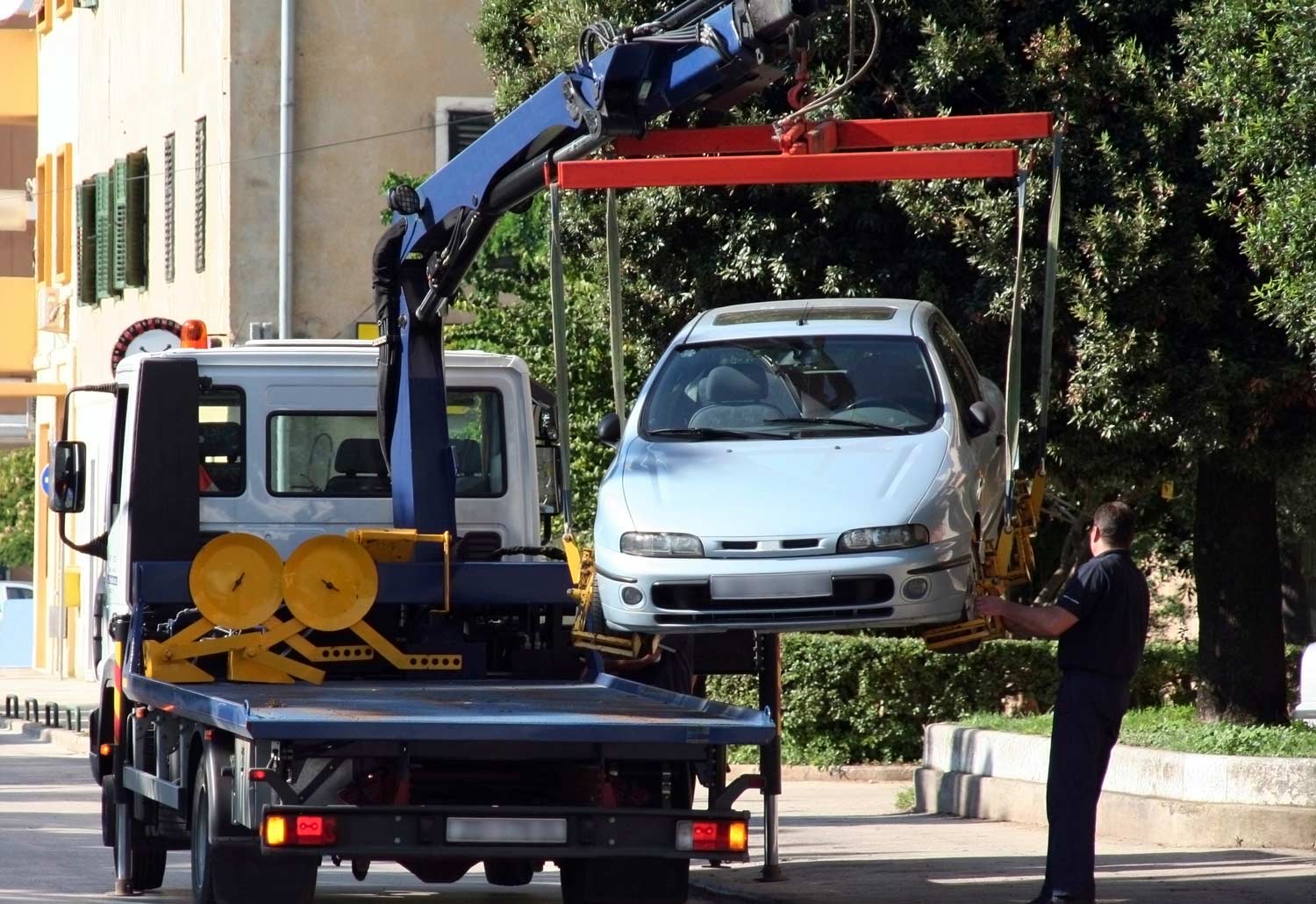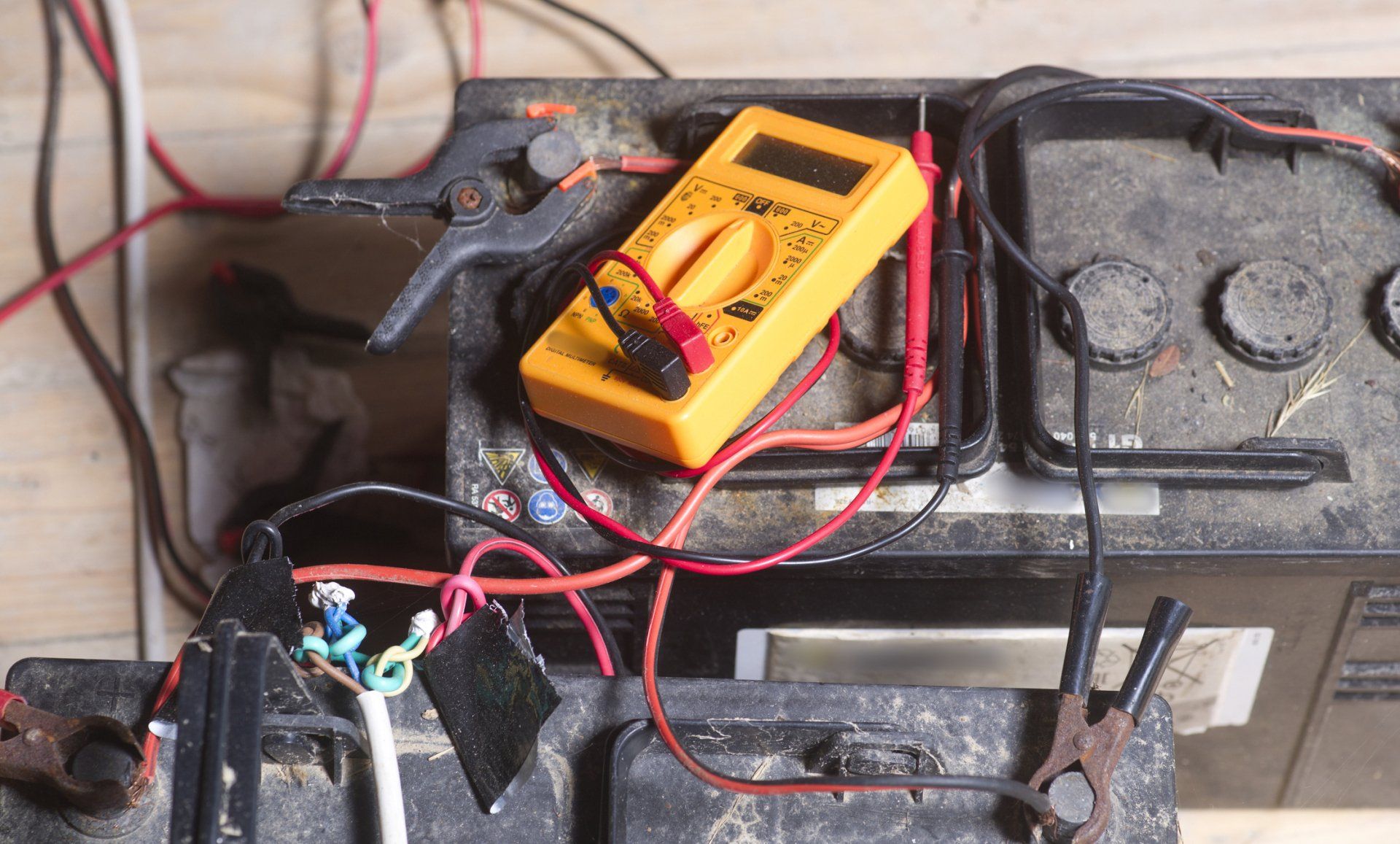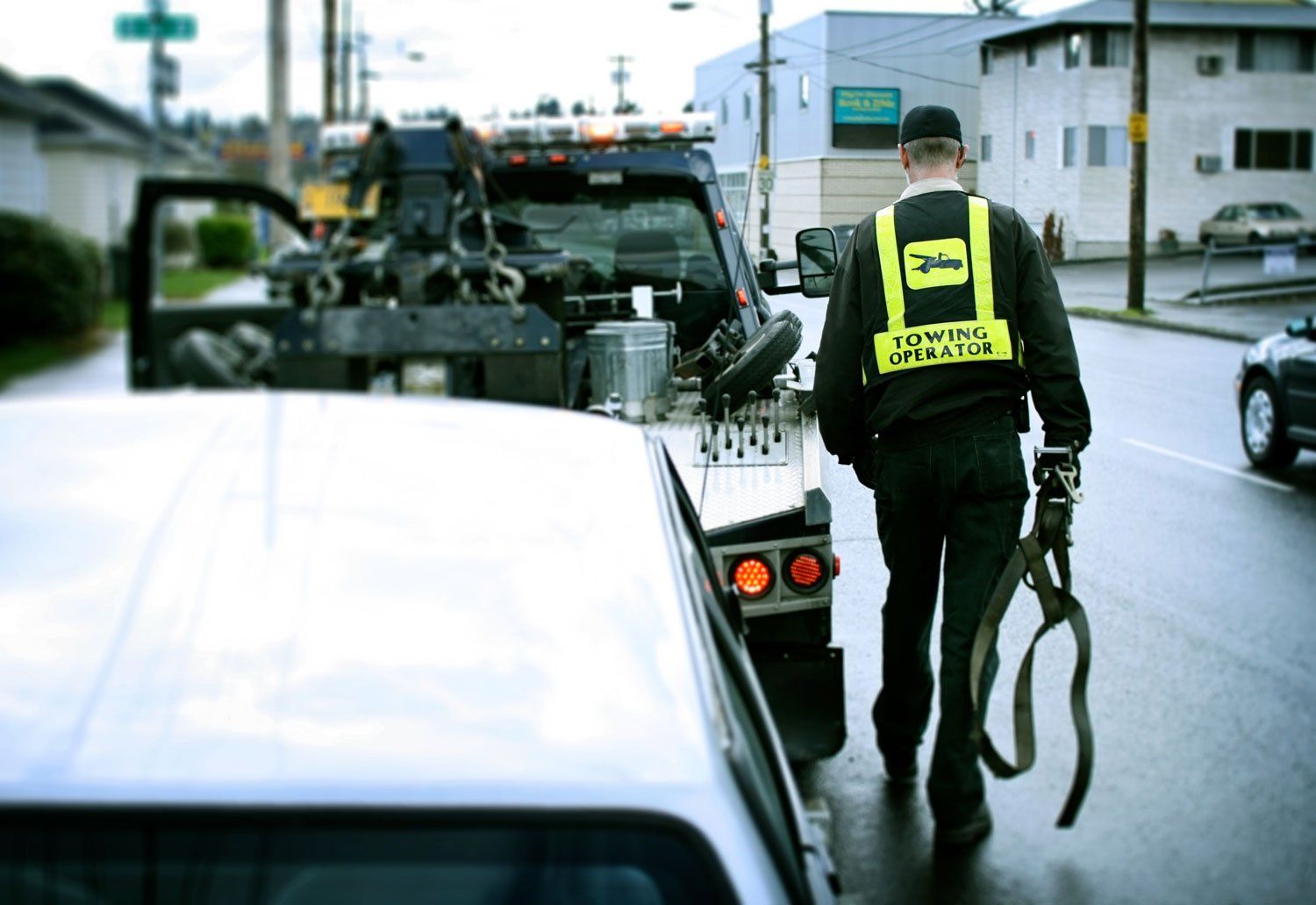Dos and Don'ts When Your Check Engine Light Comes On
admin • May 27, 2021
Your modern car likely has a check engine light. When it lights up, you may need to call a tow company immediately. Or, you may be able to get to a repair shop on your own. Either way, the check engine light indicates a problem that needs prompt attention.
The check engine light usually lights up or flashes when one of your sensors detects a problem with certain parts of your engine. Here are some dos and don'ts when you're on the road and you see your check engine light come on.
Do Pay Attention to the Light
When the check engine light illuminates, don't ignore it. Your car may still run fine, and you may not feel anything has changed. However, that doesn't mean nothing is wrong. For example, if your light has come on simply because you have a bad oxygen sensor, that faulty part could risk damage to your catalytic converter. A catalytic converter costs much more to replace than an oxygen sensor.
Do Pull Over if Needed
Much of the time, you won't need to pull over immediately if your check engine light comes on. However, if you get additional warning signs, like an oil light indicator or battery signal, you may need to stop driving as soon as possible. Some manufacturers make their check engine lights different colors or have them flash to indicate serious problems. If this is the case with your car, you should heed the warning.
Do Check for Simple Solutions
Sometimes, the check engine light comes on for small, easily fixable things. For example, if your gas cap is loose or missing, the light may come on. Pull off the highway and check for small things like a loose gas cap as soon as the light comes on.
Do Have Your Car Diagnosed
If you work on your own car, don't do any work until you have a proper diagnosis. Many mechanics, and some auto parts shops, will diagnose your car with a hand-held scanner. Newer cars will give a specific code that will tell the mechanic exactly which part or circuit needs repair. This tool gives you more information about the seriousness of your problem.
Don't Panic
Many people panic when they see their check engine light come on. However, a check engine light is rarely a life-threatening situation. You should be able to pull over safely within a reasonable time. Just don't drive your car for too long if your light flashes or shows additional warning signs. The worst that is likely to happen is that you'll damage expensive parts.
Don't Skimp on Repairs
Just because your check engine light isn't tied to something serious doesn't mean you can forgo repairing the problem. Some people forgo the repair if the car otherwise runs fine. In addition to the risk of further engine or exhaust damage, however, your car may put out more pollution. If you need an emissions inspection for your vehicle, an active check engine light will immediately cause you to fail the test.
Don't Drive Too Much
Even if your car is drivable, limit driving it as much as possible until you have it repaired. The more you drive, the more chance a minor issue will become a bigger one. A small problem like a bad spark plug can turn into a more serious exhaust or emission issue down the road. Drive too much, and you could end up with a problem that may leave you inconveniently stranded.
Most of the time, the check engine light won't leave you stranded. However, for those rare cases when you have a serious problem, you may need a tow truck to take you to the next repair shop. Hix Wrecker Service
can help you if you are unable to drive to a repair shop or back to your home. If you do your own repairs, we can help you find parts as well. Call us anytime, 24 hours a day, seven days a week, if you need a tow.
With roadside assistance, you have two options: a tow truck or a wrecker. Tow trucks and wreckers differ, so understand the differences here.
Not all tow trucks provide equally appropriate service. In some instances, a flatbed tow truck outshines other options. Learn more in this blog.
Different situations call for different types of towing services. Read this blog to understand when you need different forms of towing.
Different situations call for different tow trucks. Read this blog to learn the differences between light- and heavy-duty tow trucks.
Manage your safety when waiting for a late-night towing service with the following safety tips. Read on to learn more about how to protect yourself.
There are some things you can do to help make the towing process easier for both you and the tow driver. Read on to learn more helpful tips and practices.
What should you do after a motor vehicle accident to ensure your physical and legal safety? Discover seven crucial steps to take immediately.







